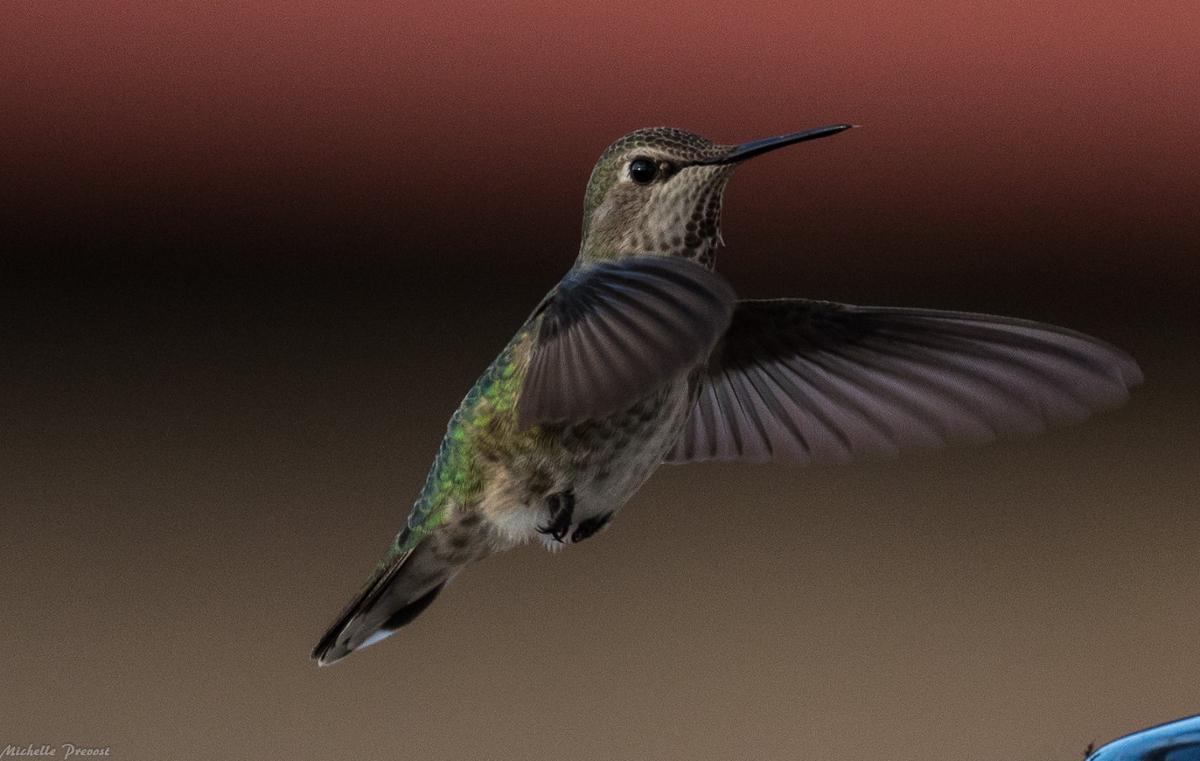Human activities, such as burning fossil fuels, are warming Earth’s climate. The climate crisis has widespread ramifications. Ecologists are worried that many species will become extinct, because they might not be able to adapt to a climate change that’s faster than most naturally occurring ones. It’s possible that some plants and animals could adapt by shifting their habitats towards Earth’s poles, or towards higher elevations, to avoid the heat. Since ecosystems are varied and complex, ecologists can only find out by studying many specific cases.
A team of American ecologists explored this possibility for a species of hummingbirds native to North America’s west coast, called Anna’s Hummingbird. The researchers published their findings in 2022. Anna’s Hummingbirds live in California’s lowlands, but migrate up-slope into the cooler mountains during the summer. If climate warming continues, the team hypothesized, the birds might adapt by migrating farther up.
To test whether this was really possible, the researchers studied the effects of relocating a group of Anna’s Hummingbirds to a higher altitude. They captured the birds from across their normal range in the Sierra Nevada, and moved them to a research station near a mountain peak, four thousand feet higher than the birds normally venture. They found that the hummingbirds had big difficulties adapting to the lower air pressure and oxygen levels, which caused a drop in their metabolic rate and flight efficiency.
Although the researchers still want to study the effects of longer exposure, their tentative conclusion was that it would be hard for the birds to adapt. Their results remind us how complicated an animal’s environmental requirements are.










